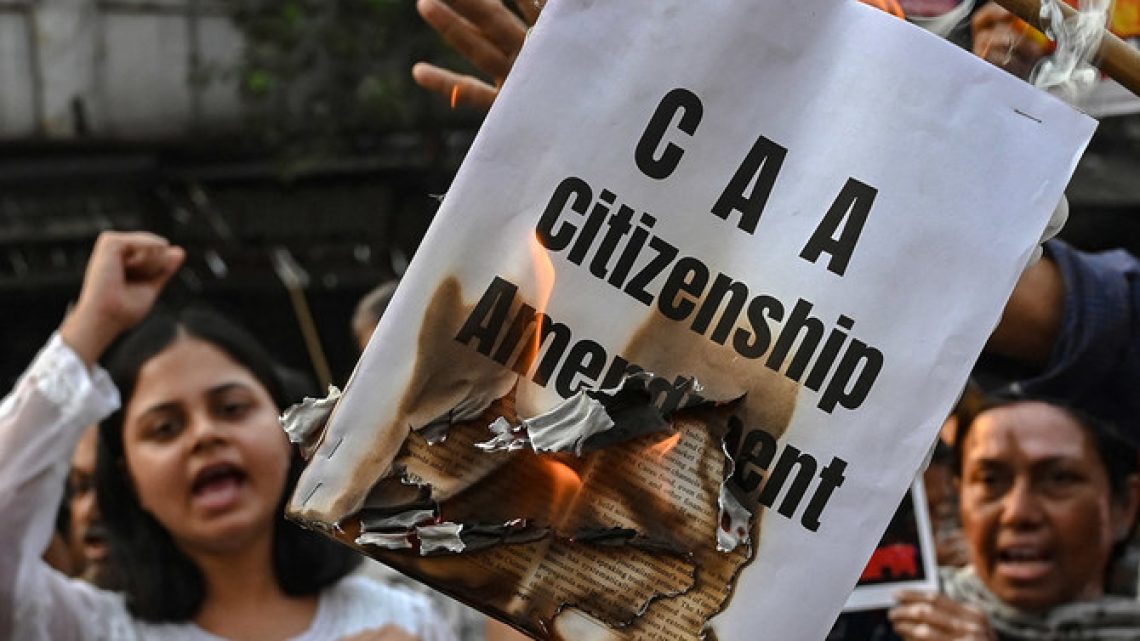
International Community Expresses Concern Over India’s Citizenship (Amendment) Act
March 18, 2024On March 12, 2024, the announcement of rules for India’s Citizenship (Amendment) Act 2019 (CAA) sparked international concern, with both the United States Government and the United Nations expressing reservations about the implementation of the contentious religion-based citizenship law in India.
The spokesperson for the Office of the United Nations High Commissioner for Human Rights voiced apprehension, stating, “We are concerned that India’s CAA is fundamentally discriminatory in nature and in breach of India’s international human rights obligations.” This statement reflects the United Nations’ stance on the matter, emphasizing the need for laws to uphold human rights principles without discrimination.
Similarly, the United States Department of State expressed its concerns regarding the notification of the CAA on March 11, highlighting its close monitoring of how the act will be implemented. The spokesperson emphasized the importance of religious freedom and equal treatment under the law for all communities, citing them as fundamental democratic principles.
The international community’s response underscores the significance of human rights and democratic values in the formulation and implementation of laws. Concerns over discrimination and potential violations of international human rights obligations highlight the need for careful consideration and adherence to legal and ethical standards.
The CAA, which offers expedited citizenship to non-Muslim immigrants from neighbouring countries, has been subject to criticism since its inception. Critics argue that the law discriminates against Muslims and undermines India’s secular principles enshrined in its constitution. The international community’s apprehension further adds to the scrutiny surrounding the CAA’s implications for minority rights and religious freedoms in India.
India, as a member of the international community, has obligations to uphold human rights standards and adhere to principles of equality and non-discrimination. The concerns expressed by the United States and the United Nations serve as a reminder of the importance of respecting these principles in the formulation and implementation of laws, particularly those with far-reaching implications for citizenship and minority rights.
In response to international scrutiny, it is imperative for the Indian government to address concerns raised by the global community and ensure that the implementation of the CAA aligns with international human rights standards. This requires transparency, accountability, and a commitment to safeguarding the rights of all individuals, regardless of their religious or ethnic background.
Ultimately, the international community’s concern over India’s Citizenship (Amendment) Act reflects a broader commitment to promoting and protecting human rights and democratic values worldwide. It highlights the interconnectedness of global human rights issues and the importance of collective action in addressing them.

